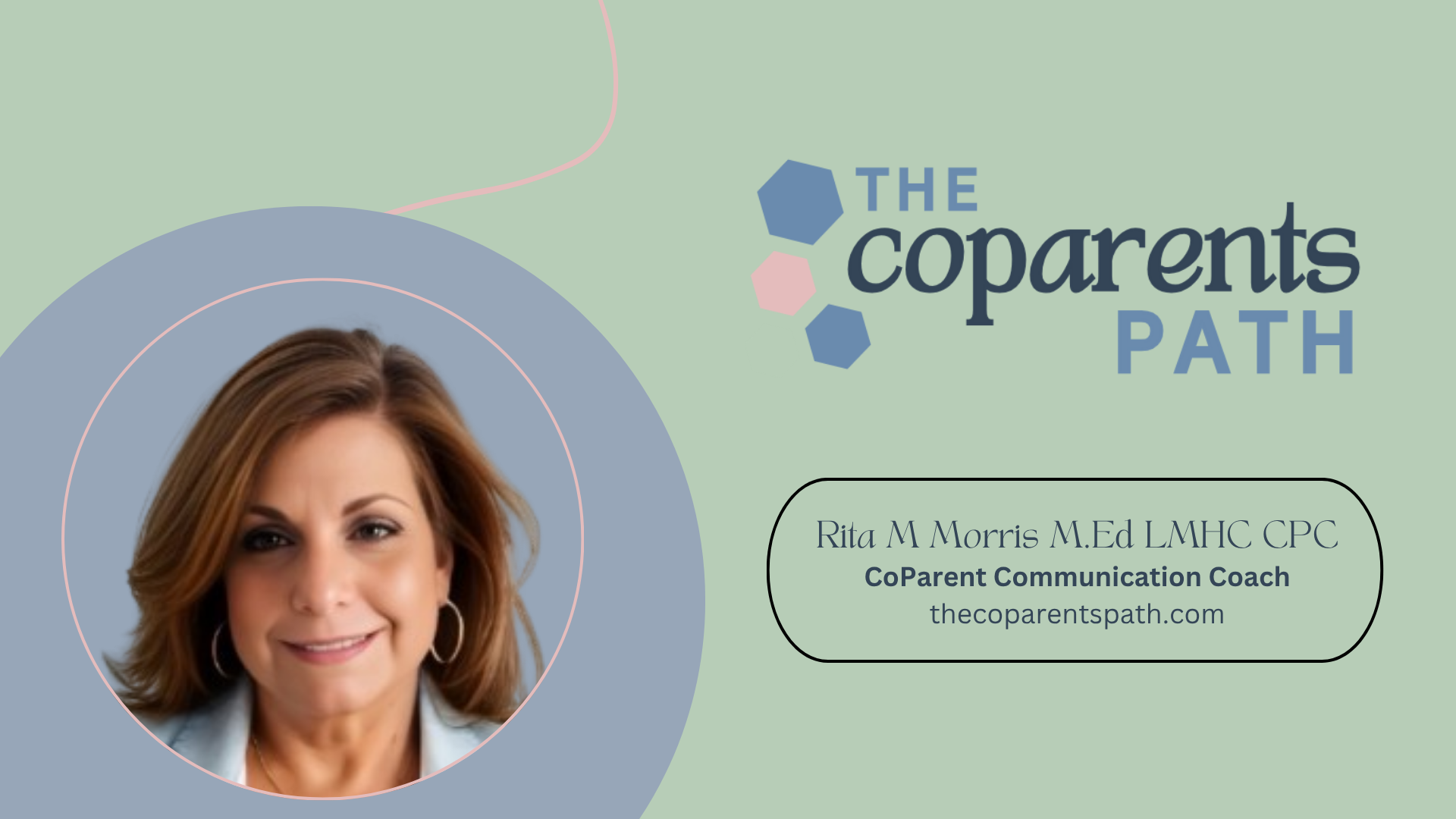How Mindfulness Can Transform Your Co-Parenting After Divorce
May 14, 2025
Co-parenting after divorce can stir up intense emotions—anger, hurt, frustration, even guilt. And when emotions take over, thoughtful parenting often goes out the window.
That’s where mindfulness becomes a powerful parenting tool.
What Is Mindfulness?
Mindfulness is the practice of paying attention to the present moment with curiosity and without judgment. Instead of reacting on autopilot, you pause, check in with yourself, and respond intentionally.
It’s not about being perfectly calm all the time—it’s about noticing what’s happening inside you so you can parent with awareness instead of reactivity.
Why Mindfulness Matters in Co-Parenting
Mindfulness helps you:
-
Stay calm during high-conflict moments
-
Avoid acting from anger, frustration, or anxiety
-
Make decisions in your child’s best interest
-
Stay attuned to your child’s emotional needs
-
Separate your own feelings from what your child truly needs
When you’re emotionally reactive, your brain’s “rational center” (prefrontal cortex) essentially shuts down. You lose access to good judgment and may say or do things you regret—especially in front of or about your co-parent.
Mindfulness helps turn that rational center back on. It re-engages your ability to pause, reflect, and act with intention.
The Link Between Mindfulness and Child Attunement
Here’s the hard truth:
When you’re stuck in emotional reactivity, you can’t be attuned to your child.
You’re focused on what your ex said, what the court ordered, or how unfair something feels. You lose sight of your child’s experience—and might even assume their needs mirror your own.
Mindfulness interrupts that pattern.
When you’re tuned into your own feelings, thoughts, and body sensations, you become better equipped to tune into your child’s. That self-awareness leads to deeper connection, better communication, and fewer parenting regrets.
How to Practice Mindfulness as a Co-Parent
You don’t need to sit on a meditation cushion for an hour. You just need to notice. Here’s a simple mindfulness practice you can do in five minutes or less:
-
Focus on your breath
-
Inhale, exhale. Notice the rise and fall.
-
Don’t change it—just observe it.
-
-
Scan your body
-
Where are you holding tension?
-
What sensations do you feel?
-
-
Name your emotions
-
Say to yourself: “This is anger.” “This is anxiety.”
-
Labeling your feelings helps you create space from them.
-
-
Watch your thoughts
-
Don’t argue with them or follow them—just observe.
-
You might say: “judging thought” or “storytelling thought.”
-
-
Be kind to yourself
-
You’ll drift in and out of mindfulness. That’s normal.
-
Gently return to your breath each time.
-
Why This Matters for Your Child
Even if you only have limited time with your child, presence matters more than quantity. Five fully-attuned minutes can be more impactful than a distracted afternoon.
If you’re constantly distracted by resentment, stress, or co-parenting drama, your child feels it—even if you don’t say a word.
Mindfulness gives you the tools to shift from:
-
Reactive to responsive
-
Distracted to present
-
Emotionally flooded to emotionally available
Final Thought: Mindfulness Isn’t Just for You—It’s for Your Kids
When you’re mindful, you parent from your values—not your triggers.
The more present you are with yourself, the more present you can be with your children. And that presence—your attention, your calm, your ability to respond instead of react—is one of the greatest gifts you can give them.
Cooperative Coparenting Is Possible!
Get started today by downloading my Coparent Communication Essentials.


